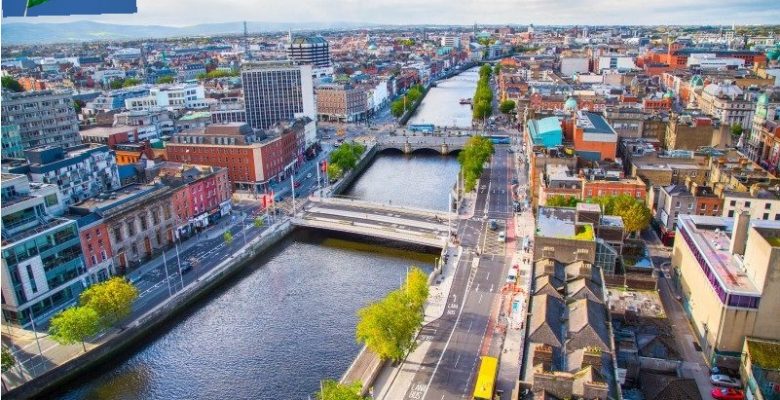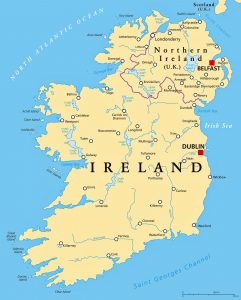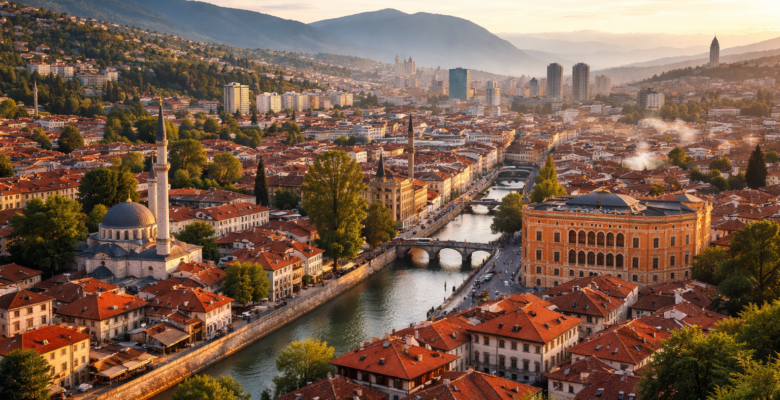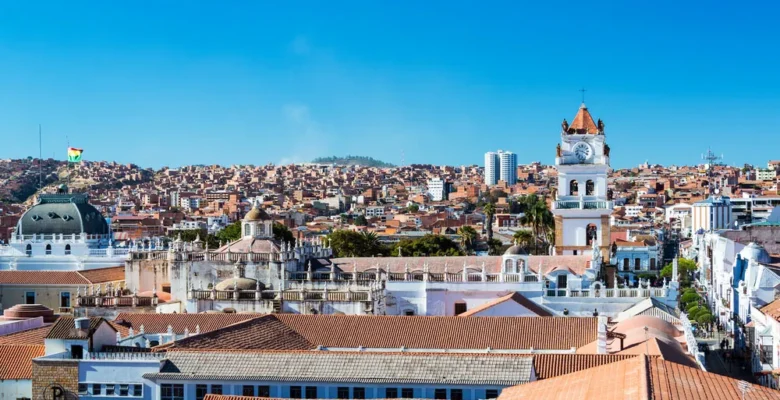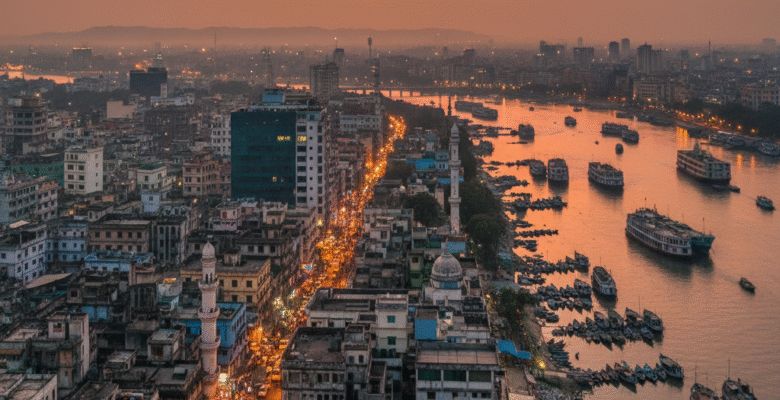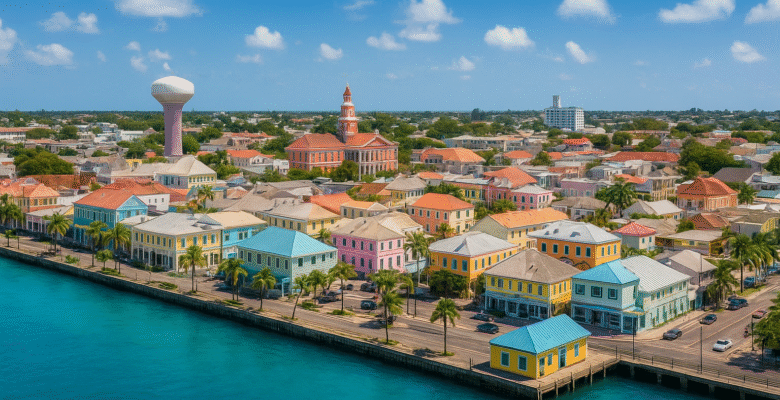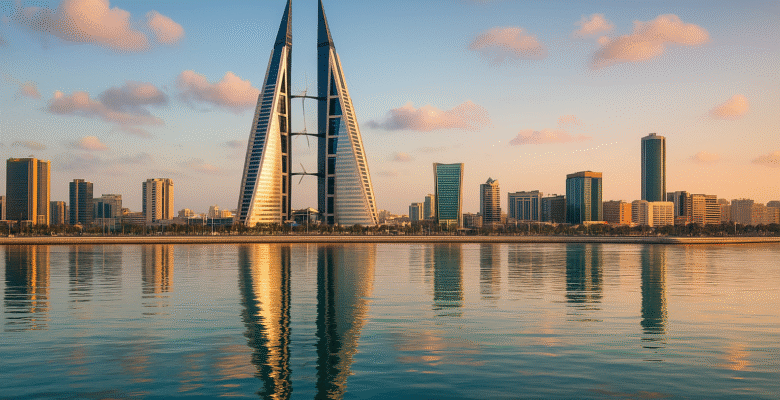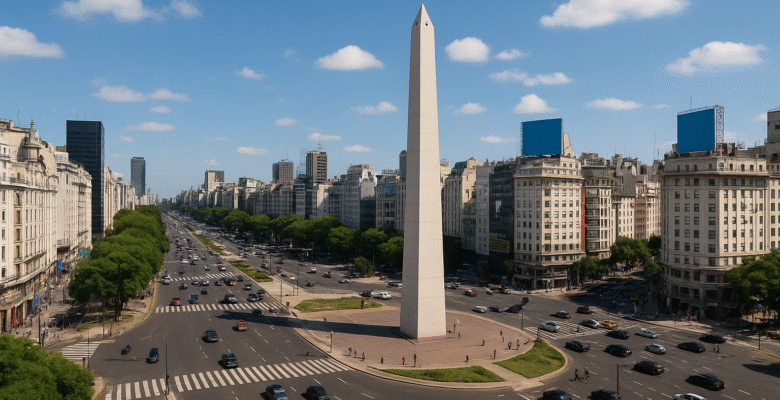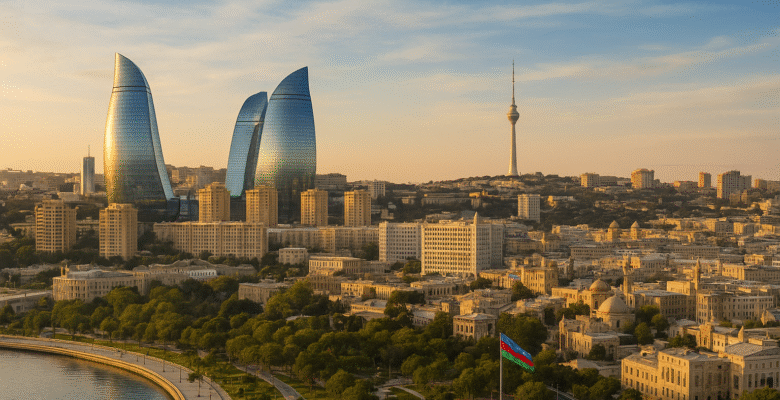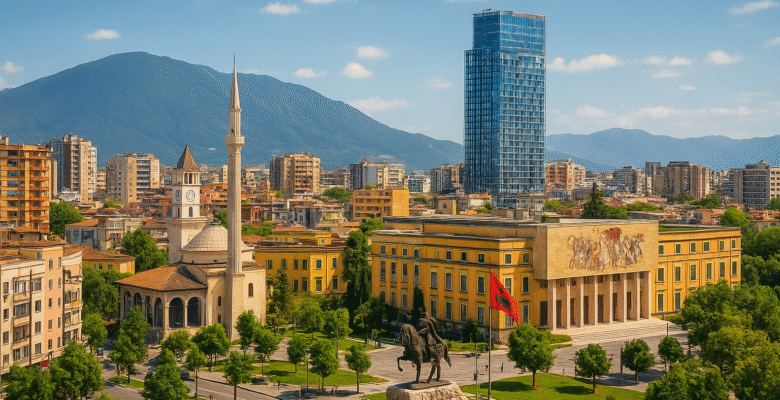Information about the country: The island of Ireland, located in the west of the United Kingdom in northwest Europe, declared its independence in 1922 and separated from the United Kingdom. The country has been a member of the European Union since 1973. In 1916, the Irish Republican army, which wanted to get rid of the pressure environment, was organized and started an uprising against the British government. Thereupon, British Prime Minister David Lloyd George tried to hold the country in his hands by establishing two parliaments, Northern and Southern Ireland. However, Southern Ireland did not make any concessions to the British government and signed an agreement with the British government, and a year after this agreement, it declared its full independence and the Republic of Ireland was established. Northern Ireland remained on British territory.
Economy: The Irish economy is based on agriculture, livestock and industry. Low tax rates apply in the country. The European headquarters of technology companies such as Google, Facebook and Apple are located here. One third of the Irish population is engaged in agriculture. The remaining population is engaged in livestock manufacturing industry, mining and construction industry. While most of the manufacturing industry is located in Dublin City, livestock farming is developed in rural areas. Most of its exports are based on food products and 90% of this export is made to England.
Industry: The industry of the Republic of Ireland is mostly concentrated around the cities of Dublin, Cork and Limerick. Ireland is a world famous country for making black beer and whiskey. Ireland has important minerals such as copper, lead and zinc. Natural gas and limited amounts of oil have been found off the south coast in recent years. Because coal and iron ore are scarce, the country’s electricity is largely derived from hydroelectric power stations on the Shannon River. Power plants that use peat coal as fuel are also used to generate electricity.
Lifestyle: The Irish are very fond of their comfort and pleasure. There are many holidays in the country besides the holidays known as ‘Bank Holiday’. These days, it is considered a full-time holiday in schools, private and government offices. In a 2003 survey, Ireland was the happiest country in Europe; Dublin was chosen as the best capital to live in Europe.
Transportation: Traffic flows in the left lane as in England. Buses and trains are the most preferred means of transportation. Apart from this, it is also possible to provide transportation in the city by taxi. Weekly or monthly cards are used to use public transportation.
Climate: Ireland is a temperate maritime climate country. The highest temperatures in summer vary between 15-20 degrees on average, while the lowest temperatures in winter are around 4-5 degrees. There is precipitation in every season in the country.
Popular Cities:
Dublin: Dublin is one of the important cultural centers of Europe, where trade and tourism are quite high. The city center has many galleries, art centers and museums. In terms of tourism, the most lively place in Dublin is the “Temple Bar” district. There are many traditional Irish-style cafes playing Irish music here. “Phoenix Park”, the largest park in Europe, is located in the middle of the city in a very large green area. After Paris and London, Dublin is the most visited capital city in Europe.
Cork is the second largest city in the Republic of Ireland. The city got its name from the Irish “Corcach” meaning “Marshland”. Cork is heavily influenced by Irish culture, especially with its historic streets and buildings.
Galway: Galway is a coastal city in western Ireland. Along with being a very lively industrial and commercial city, it is one of the cities with the most events and festivals in the field of culture and art in Ireland. The Galway Arts Festival, which is held annually in July, is very famous.

